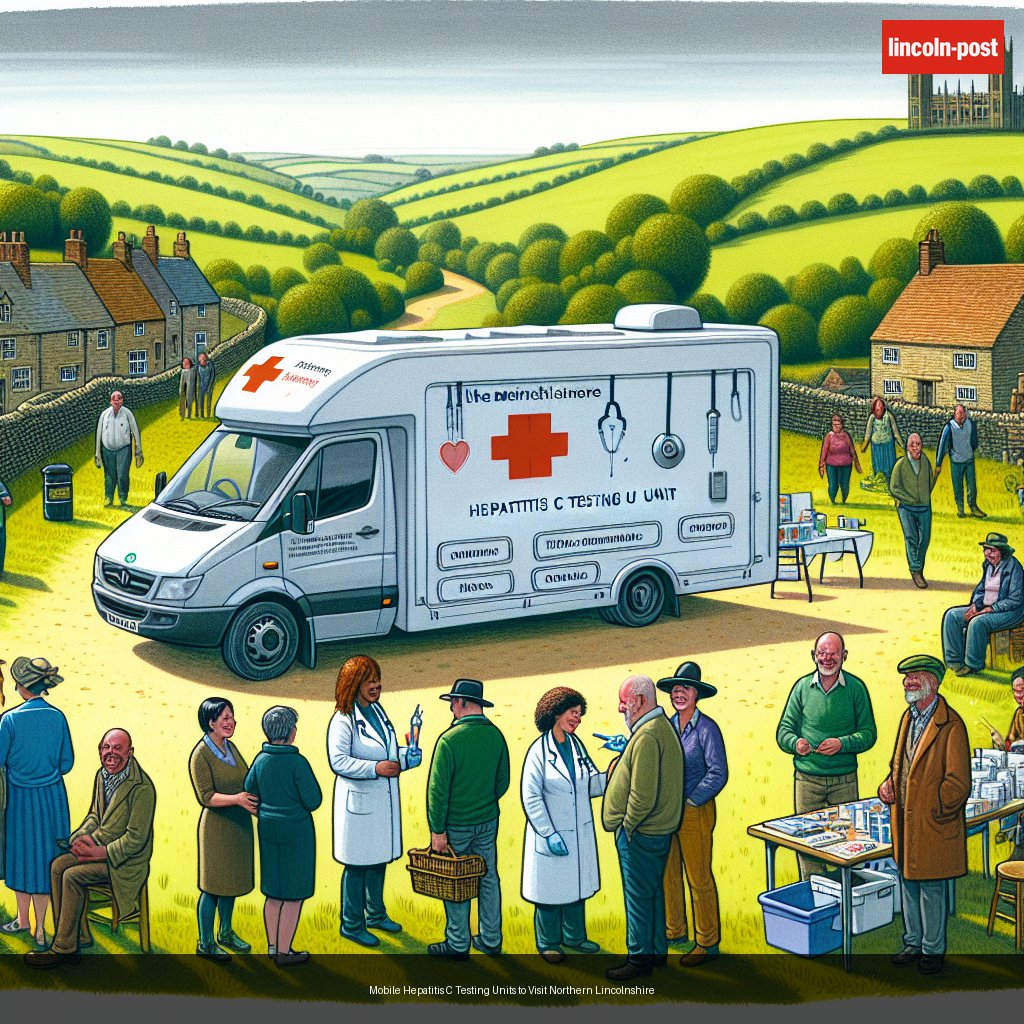Mobile units will be deployed to carry out hepatitis C testing across northern Lincolnshire, an area where the virus has a startling prevalence. The early detection of Hepatitis C is crucial as it can be cured, but neglecting treatment can devolve into severe liver damage and cancer. These mobile services plan to offer blood tests and liver scans to the local populace in northern Lincolnshire, East Yorkshire and Hull. Hull is reported to have one of the highest instances of cases nationwide, according to information from the NHS Humber Health Partnership.
In the last three years alone, over 4,900 people in the area have received testing for hepatitis C. The report highlighted that roughly 15% of the ones screened tested antibody positive. The health partnership comprises the Hull University Teaching Hospitals NHS Trust and the Northern Lincolnshire and Goole NHS Foundation Trust. They characterise hepatitis C as a “hidden virus”, owing to the widespread unawareness of being infected. Despite the virus often being associated with intravenous drug use, there has been a noticeable increase in cases connected to tattoos or piercings performed with equipment that is not sterilised.
Mobile testing units, managed by expert hepatitis C nurses, are to concentrate on areas where individuals may be at increased risk of contracting the virus, like health centres, food banks, and hostels. These units will also attend local community events, where they will disseminate vital health advice. Kasey P., representing the health partnership expressed, “Our goal is to cater to those who may find accessing routine health services challenging or those who cannot bear the cost of travel for appointments. We also aim to reach out to those who are oblivious to their risk status and extend proactive advice, screenings, and treatment.”
This article has taken information referenced in original reporting by www.bbc.com.








